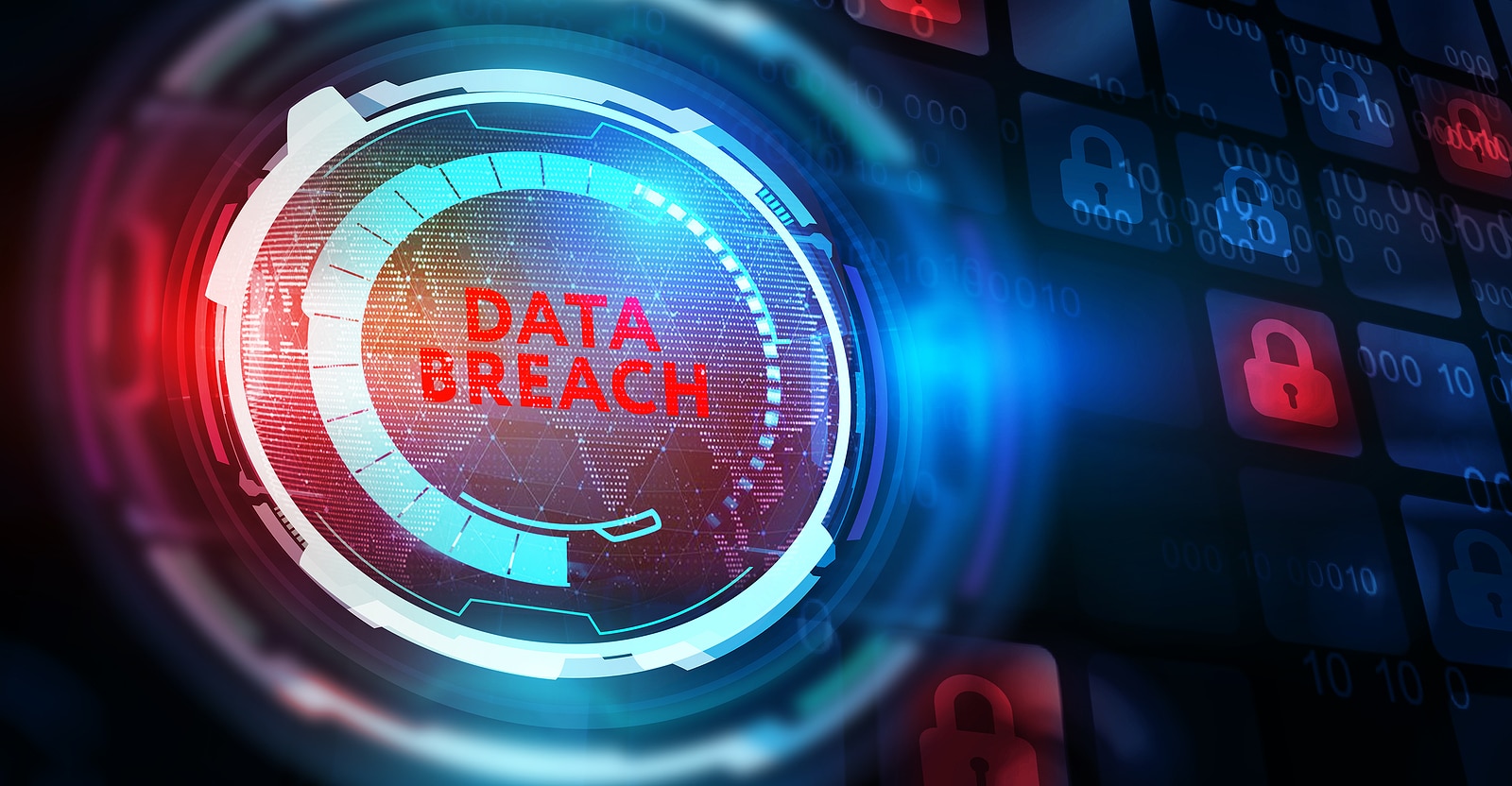Why Data Destruction is an Essential Part of Comprehensive Cyber Security
Why Data Destruction is an Essential Part of Comprehensive Cyber Security
Blog Article
The Important Nature of Data Devastation in Upholding Computer System Protection Providers and Protecting Versus Unauthorized Accessibility
In a period where data violations and identity burglary are increasingly common, the significance of efficient information destruction can not be overemphasized. Various approaches, from data cleaning to physical devastation, serve as important safeguards against unauthorized accessibility.
Significance of Information Destruction
In a significantly digital globe, the relevance of information destruction can not be overemphasized. As companies generate huge amounts of sensitive details, the possible repercussions of falling short to properly get rid of and handle of that information end up being significantly serious. Data violations, identification burglary, and business reconnaissance posture considerable dangers, emphasizing the need of effective data destruction practices.

In addition, as innovation progresses, so too do the methods whereby harmful stars seek to manipulate delicate information. Organizations has to remain watchful and positive in their information destruction methods to safeguard against these progressing threats. By prioritizing information devastation, companies not just protect their possessions yet also foster count on amongst clients and stakeholders, demonstrating a dedication to liable information management and safety and security methods.
Approaches of Effective Information Destruction
To ensure the total and permanent destruction of sensitive information, companies can employ a variety of efficient approaches customized to their specific needs. One of one of the most common approaches is information cleaning, which includes making use of specialized software application to overwrite existing information multiple times, making recovery practically impossible. This is especially beneficial for difficult drives and solid-state drives, where standard deletion methods are inadequate.
An additional efficient method is degaussing, which utilizes solid electromagnetic fields to interfere with the magnetic domain names on storage media, rendering the data irretrievable. This approach is specifically matched for magnetic storage space tools, such as disk drive and hard drives.
Physical devastation is additionally a practical choice, involving the shredding, crushing, or incineration of storage space gadgets. This method guarantees that information can not be recouped, making it excellent for companies taking care of extremely sensitive details.

Compliance With Data Protection Regulations
Organizations have to not just concentrate on effective data damage approaches but likewise make sure conformity with data protection guidelines that control how sensitive information is managed and thrown away. Following these regulations is vital for guarding personal data and preserving consumer trust fund. Regulations such as the General Information Protection Guideline (GDPR) in the European Union click for more info and the Medical Insurance Transportability and Accountability Act (HIPAA) in the United States impose stringent standards on data administration, which consist of requirements for the safe and secure disposal of sensitive details.
To attain compliance, organizations must execute thorough information damage plans that line up with these legal frameworks. This includes recognizing information that needs damage, developing procedures for safe methodsâEUR" such as shredding physical media or utilizing software application that satisfies industry criteria for information wipingâEUR" and keeping in-depth records of destruction tasks. Normal audits must be performed to make sure adherence to these plans and to recognize any type of prospective areas for improvement.
Failing to conform with data protection regulations can bring about substantial lawful ramifications, consisting of substantial fines and damage to a company's track record. As a result, integrating conformity into data devastation methods is not only a lawful responsibility but likewise an important component of a robust info safety technique.
Consequences of Poor Information Handling
Poor data handling can bring about serious effects that extend beyond prompt functional problems. Organizations might encounter significant monetary losses as a result of data breaches, which often lead to pricey removal efforts, lawful fees, and governing fines. These financial effects can hinder and strain sources growth, eventually affecting a company's bottom line.
In addition, poor data handling can seriously damage an organization's online reputation. Clients, companions, and stakeholders might lose rely on an entity that falls short to shield delicate details, leading to decreased customer loyalty and possible loss of organization possibilities. This disintegration of trust can take years to rebuild, if it can be restored at all.
Additionally, companies can encounter lawful ramifications occurring from non-compliance with data security guidelines. Such infractions may result in investigations and fines, compounding the financial burden and more staining the company's picture.
In the realm of cybersecurity, poor information administration methods can produce susceptabilities that make systems extra vulnerable to unauthorized access and cyberattacks. Eventually, these repercussions emphasize the essential significance of implementing durable data managing treatments to guard sensitive details and keep business honesty.
Best Practices for Secure Information Disposal


To start with, information ought to be categorized according to its level of sensitivity. Delicate information needs extra rigorous disposal techniques, such as shredding physical records and using innovative software for electronic information wiping. Utilizing qualified data damage solutions ensures compliance with industry policies and criteria.
Second of all, companies should implement a data disposal policy that mandates routine audits. This policy needs to outline the procedures for data retention and damage, guaranteeing that out-of-date data is thrown away immediately and safely. Educating employees on these methods is necessary to cultivating a society of safety and security recognition.
Last but not least, keeping comprehensive documents of disposed data improves accountability and provides a clear audit route. This documents must include the sort the original source of data destroyed, the method used, and the date of disposal.
Verdict
Finally, the essential of effective information damage appears in its duty in improving computer security solutions and alleviating unauthorized accessibility dangers. Adopting durable techniques such as information cleaning, degaussing, and physical damage, along with conformity with guidelines like GDPR and HIPAA, is vital for protecting sensitive details. Ignoring appropriate data disposal visit this site practices can lead to severe effects, consisting of data violations and lawful consequences. Carrying out finest practices in safe information disposal eventually fortifies business stability and customer depend on.
In a period where information breaches and identity theft are significantly prevalent, the importance of efficient data destruction can not be overstated. data destruction. Information violations, identity theft, and business reconnaissance position considerable hazards, underscoring the necessity of effective data damage methods
Conformity with laws such as GDPR and HIPAA requireds that companies apply stringent data security steps, consisting of the safe devastation of data at the end of its lifecycle.
By prioritizing data devastation, companies not only safeguard their properties but likewise foster count on amongst stakeholders and customers, demonstrating a dedication to accountable information monitoring and protection techniques.
Organizations need to not just concentrate on reliable information damage techniques however also ensure compliance with information defense guidelines that regulate exactly how sensitive information is handled and disposed of.
Report this page